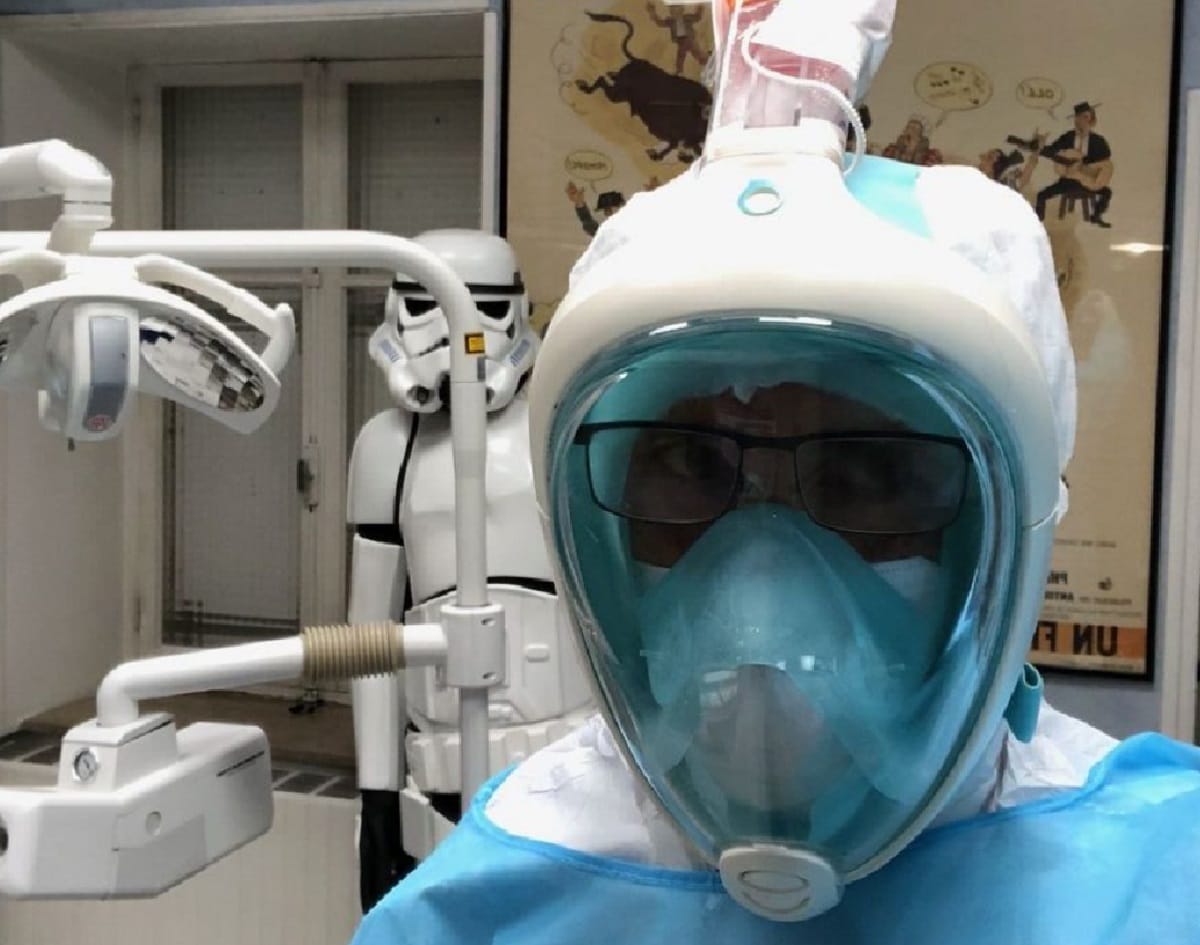La plupart des vraies innovations inclusives humanistes et progressistes naissent dans les périodes de crises aigues, sous la pression de l’urgence et du besoin qui accélère tout et permet de mettre les technologies au service des savoir-faire et de vrais besoins. Les Mardis de l’innovation proposent deux vidéos reformatées et remastérisées sur les innovations nées de la crise de 1929 et de la grande dépression et sur la relation crises -innovation. Une initiative qui permet espoir et recadrage.
Ce sont des classiques des conférences proposées par Les Mardis de l’innovation de Marc Giget. Nous le disions déjà dans UP’ en 2012 : « En temps de crise, l’innovation n’est pas une option mais une nécessité ». En vérité, la formule vient de Mark Atkins dans un article de Business Week de l’époque. Son raisonnement est que les entreprises doivent poursuivre les investissements afin de prendre les positions dominantes : c’est dans les phases difficiles que les véritables leviers du succès se dégagent. Cependant, le retour sur investissement est loin d’être immédiat et de la patience est requise. Le succès sourira aux intrépides qui continuent à investir pendant les crises – selon une étude PIMS –. Les résultats n’interviendront aucunement dans le court terme et c’est là la réelle difficulté pour les innovateurs : il faut démontrer aux chefs d’entreprises – eux-mêmes pressurisés par les tensions à court terme – que les budgets doivent être maintenus et surtout pas coupés, surtout s’il s’agit de changer et transformer le monde pour le jour d’après.
La crise sanitaire que nous subissons doit absolument se souvenir des exemples du passé … Les périodes de difficultés économiques sont généralement porteuses de mauvaises nouvelles pour l’innovation. Les actionnaires, les banques et donc le management ont tendance à se focaliser sur le court terme, le certain, les réductions de coûts… Des notions parfois considérées comme antinomiques avec l’innovation.
Et pourtant ! Les crises précédentes ont souvent conduit à des bouleversements du jeu concurrentiel : asseoir ou bousculer un leadership. Il faut être convaincu que l’innovation est un levier puissant pour faire de ces moments délicats d’excellentes opportunités de développer un avantage compétitif. Les exemples ne manquent pas : Renault, qui lance avec succès sa Twingo au cœur de la récession de 1992-93 ; Technics, qui fait évoluer ses anciennes platines tourne-disques en produits très prisés par les DJs et les passionnés, au moment où ce marché grand public s’effondre ; l’Ipod d’Apple, lancé en octobre 2001, juste après l’éclatement de la bulle internet et le « 11 septembre » …
Aujourd’hui, face à une crise de grande ampleur, dans un contexte très nouveau puisque le sanitaire met en danger l’économique, puisque la nature nous rappelle ses limites, le manager de l’innovation doit repenser son activité : comment faire face à des attentes de court terme (« quick hits »), comment innover à ressources réduites, comment démultiplier ses chances par l’« open innovation », et tout cela sans compromettre le long terme, ni surtout éviter d’abîmer encore plus la planète et le vivant.
L’histoire est rythmée par des périodes de créativité étonnante. Les périodes de crises en font partie en particulier pour les produits low-cost, le home made, la généralisation de kit « do it yourself », des produits pour passer la crise ou de sortie de crises.
Première vidéo : Innovations nées de la crise de 1929, une session présentée par Marc Giget, président de l’Institut Européen de Stratégies Créatives et d’Innovation, illustrée de nombreux exemples.
Deuxième vidéo : Analyse de la relation entre crises et innovations, exemples. A travers de nombreux exemples aussi variés parmi lesquels la conserve alimentaire, le jean, le bas nylon, la margarine, le Nescafé, le lait en poudre, la 2 CV, la Ford T, la cocotte minute Seb mais aussi Coca-Cola, Mc Donald, Microsoft ou Airbus, cette session analyse les raisons du succès de produits lancés en tant de crise (guerres, crise de 29, crises sectorielles). Parmi les leçons qui peuvent en être tirées, ce sont des innovations qui partent du bas et vont aller vers le haut (de gamme) et qui s’adressent au plus grand nombre. Ce sont essentiellement des synthèses de l’état de l’art plutôt que des avancées nouvelles, des définitions fonctionnelles « Smart » centrées sur l’utilisateur, de la conception plutôt que de la R&D, une grande qualité et un faible prix, une industrialisation efficace et une forte marge pour l’industriel.
Photo d’en-tête : Masque de snorkeling Decathlon détourné de sa fonction première pour aider à se protéger contre le coronavirus © Paul Amas













